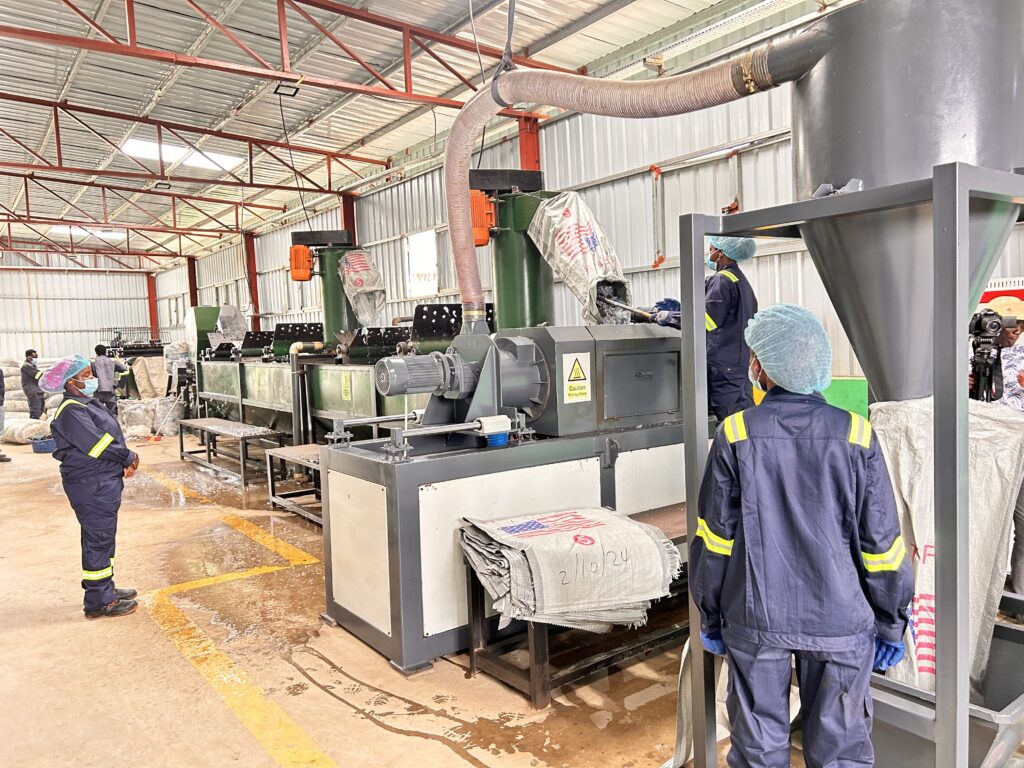The two companies have signed a Letter of Intent (LOI). FCC has said that Carbios biorecycling technology is “key” to supporting FCC’s goal of contributing to the circular economy, by exploring new processes and technologies to produce recycled PET (r-PET) from PET plastic and textiles.
According to Carbios, this LOI confirms interest from the waste management sector, in addition to plastic producers.
Understanding the technology
FCC has said it is keen to understand the technology better by seeking an evidence-based view on the advantages of using enzymes for the treatment of PET such as lower energy consumption and better circularity of the polymers back into the PET production lines.
The depolymerisation process developed by Carbios also facilitates the recycling of all kinds of PET waste, including problematic fractions such as polyester textiles, into high-quality recycled PET.
In addition to what is said to be the world’s first industrial-scale enzymatic PET recycling plant, currently under construction in Longlaville, France, the UK-based plant would aim to process PET waste that is currently not recyclable using conventional recycling technologies, such as coloured, multilayered or textile waste.
Emmanuel Ladent, CEO, Carbios, said: “Partnering with FCC means access to feedstock at the source through its established collection systems, enhancing the efficiency and impact of our sustainable waste solution. I’m confident that the combination of our complementary areas of expertise will benefit both our companies, and the acceleration of a circular economy.”
Steve Longdon, CEO, FCC Environment UK, added: “To deliver the challenges set out in the Environment Act, we need to think creatively about how we recover the value in materials that society no longer wants, and textiles, as we know from our work promoting a reuse culture, pose a huge challenge to our sector. We are keen to explore with Carbios what contribution this technology could make to the UK circular economy and to examine further its place in the UK waste hierarchy from a firm evidence base.”










Subscribe for free